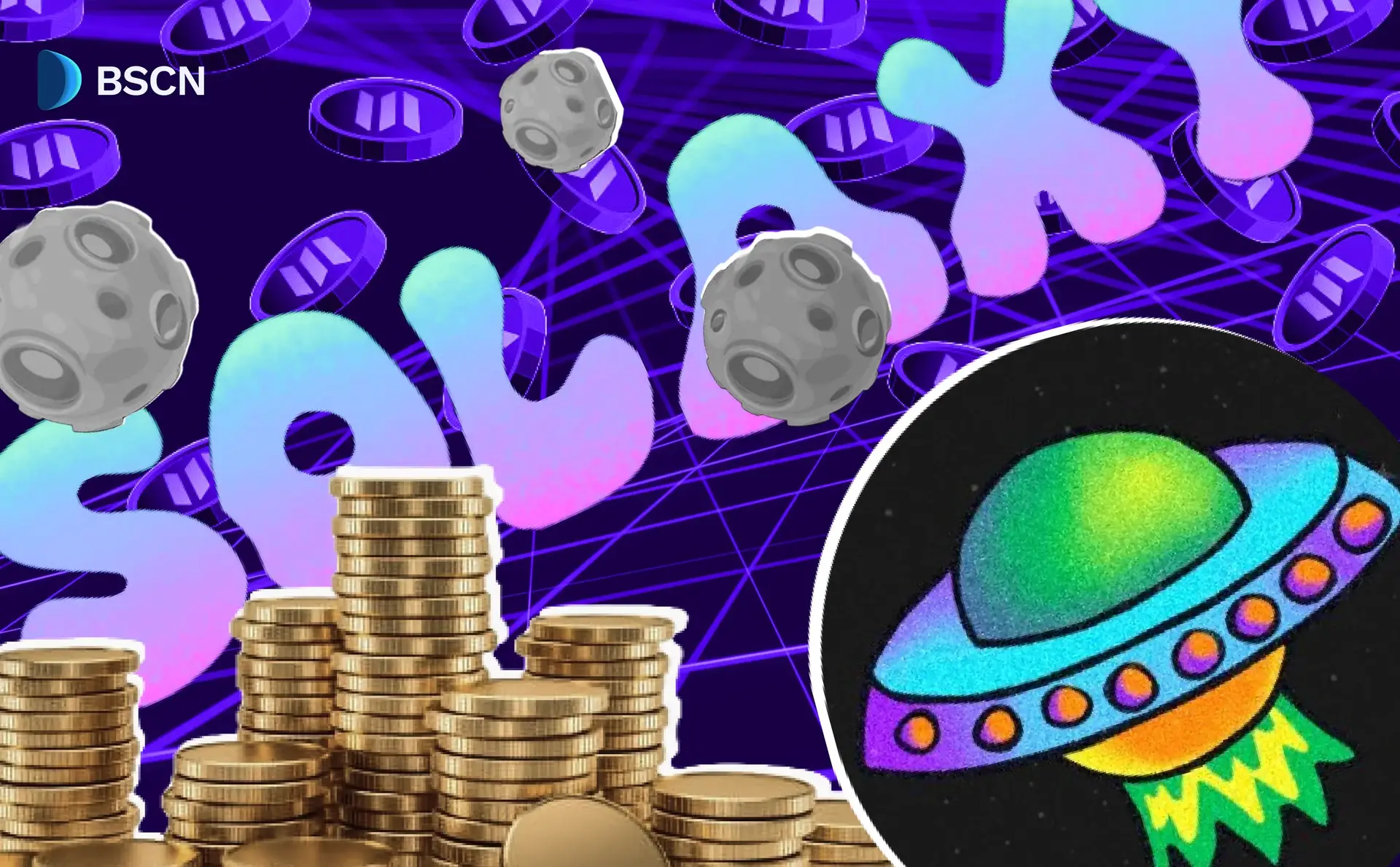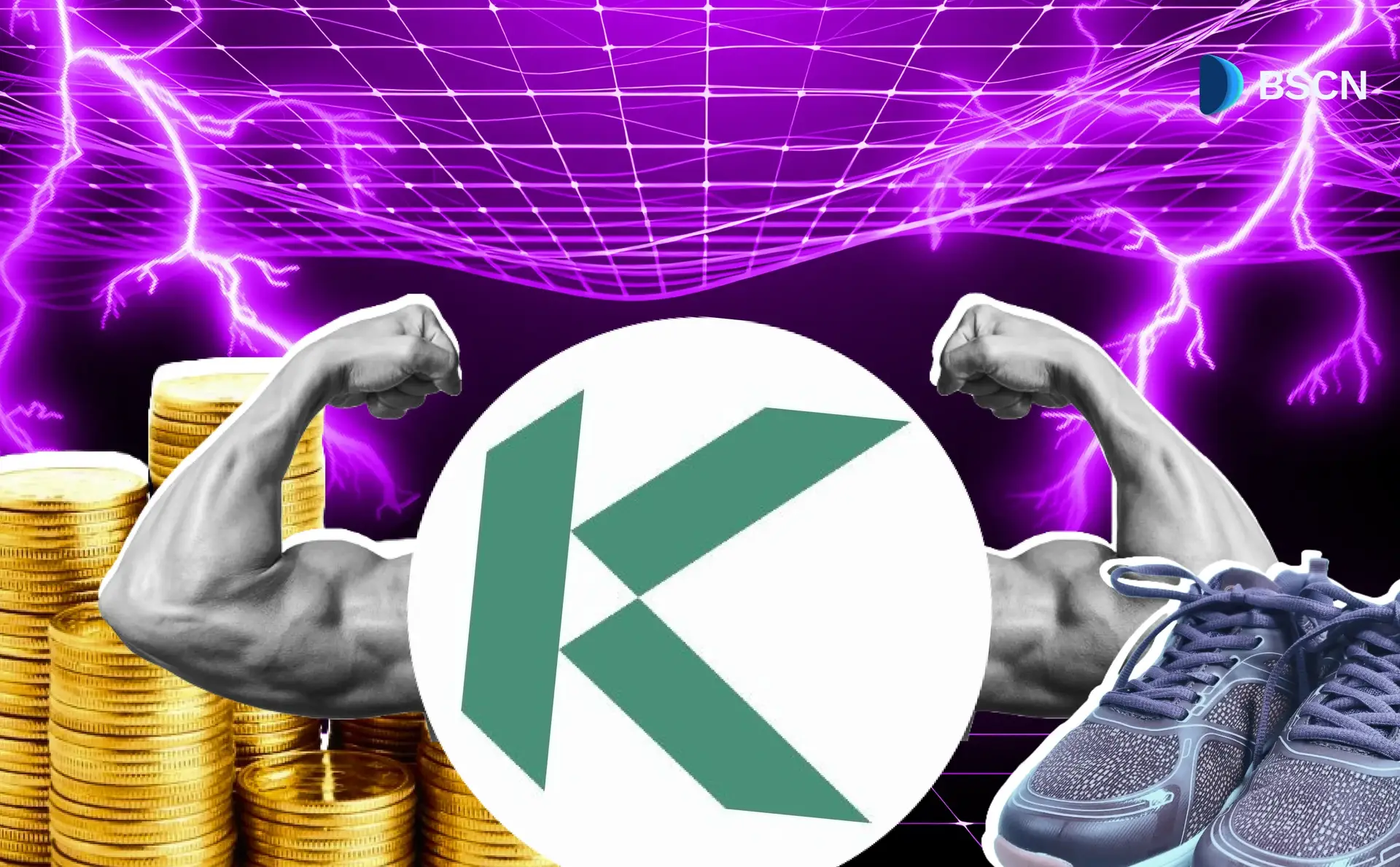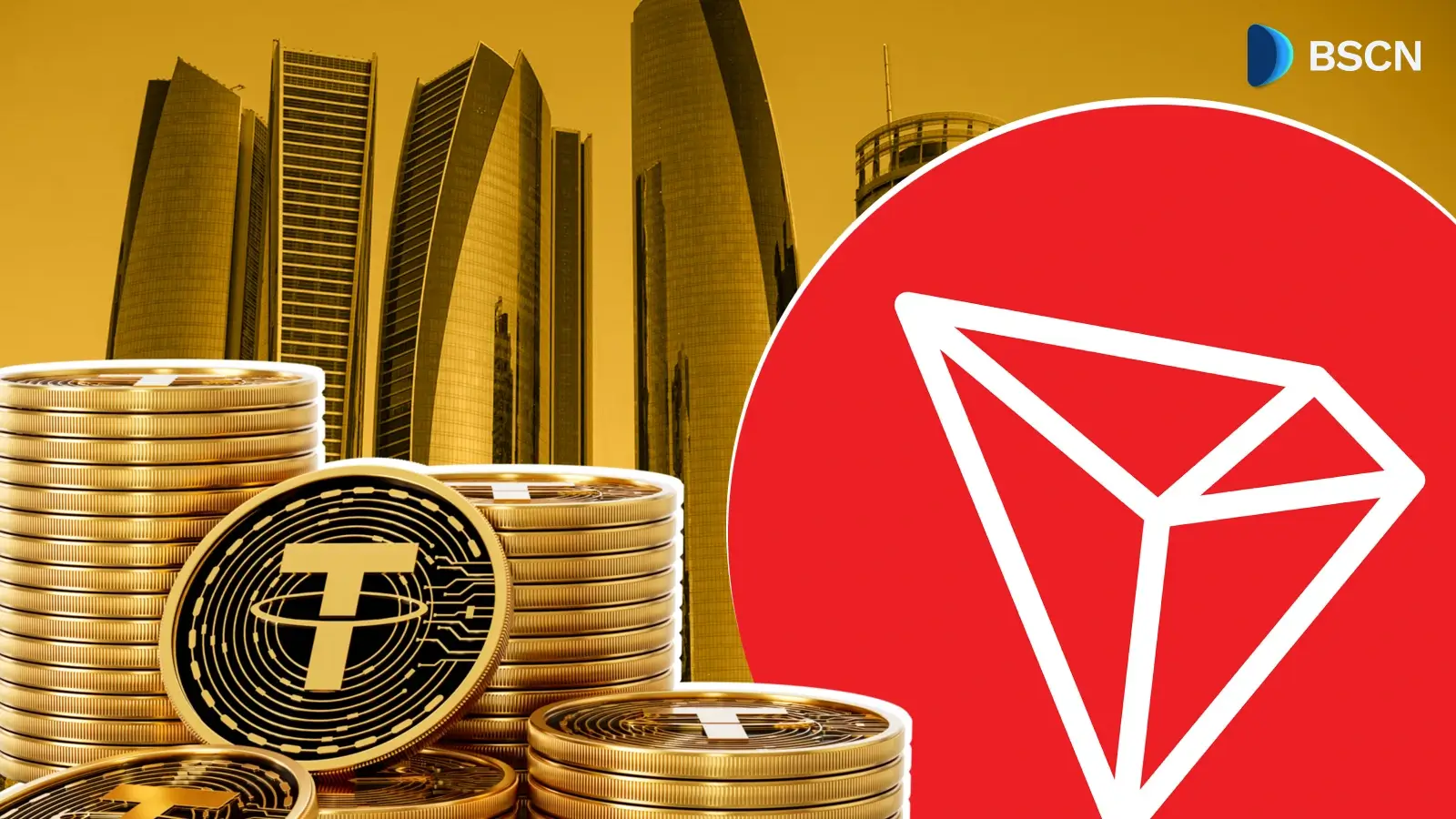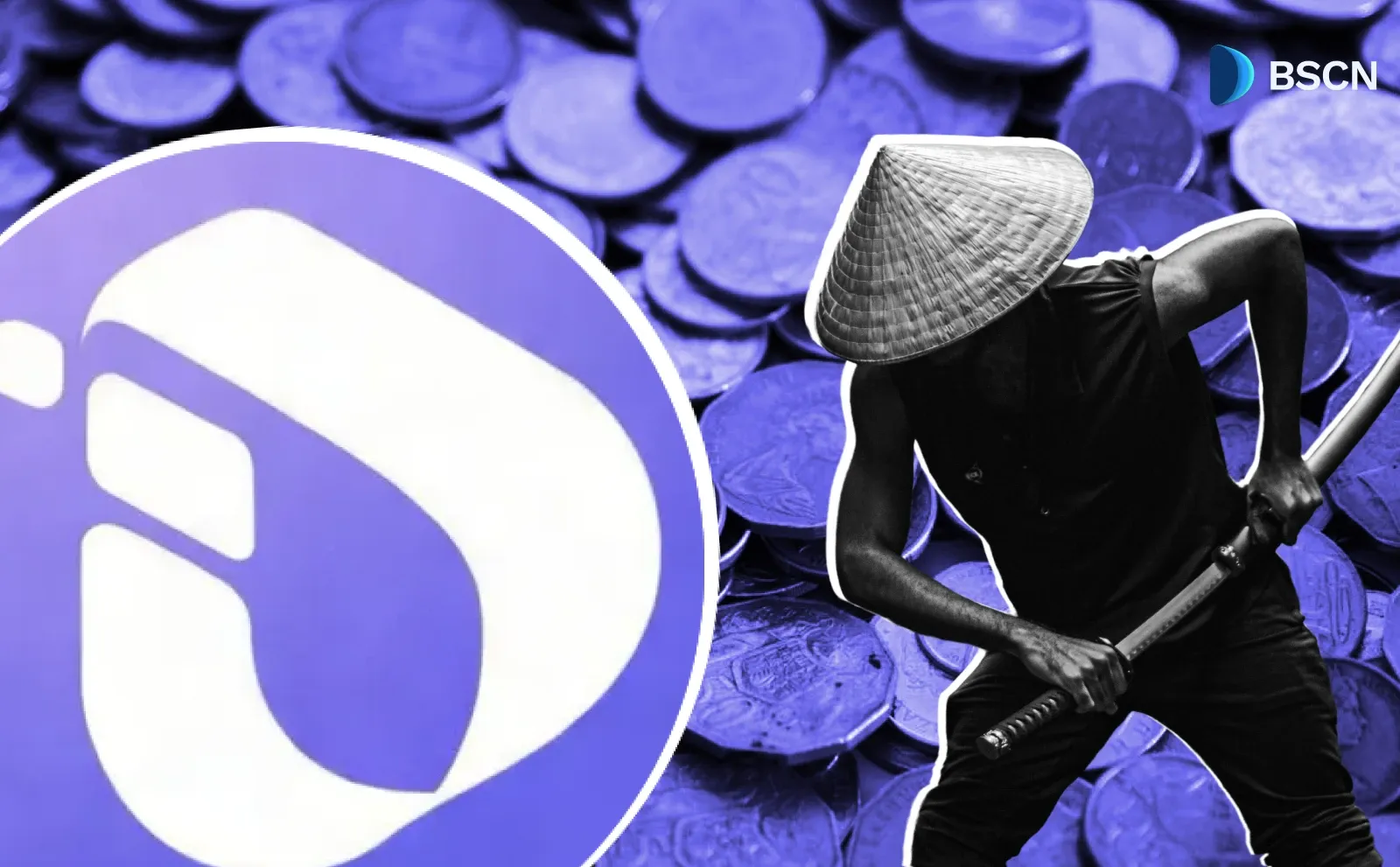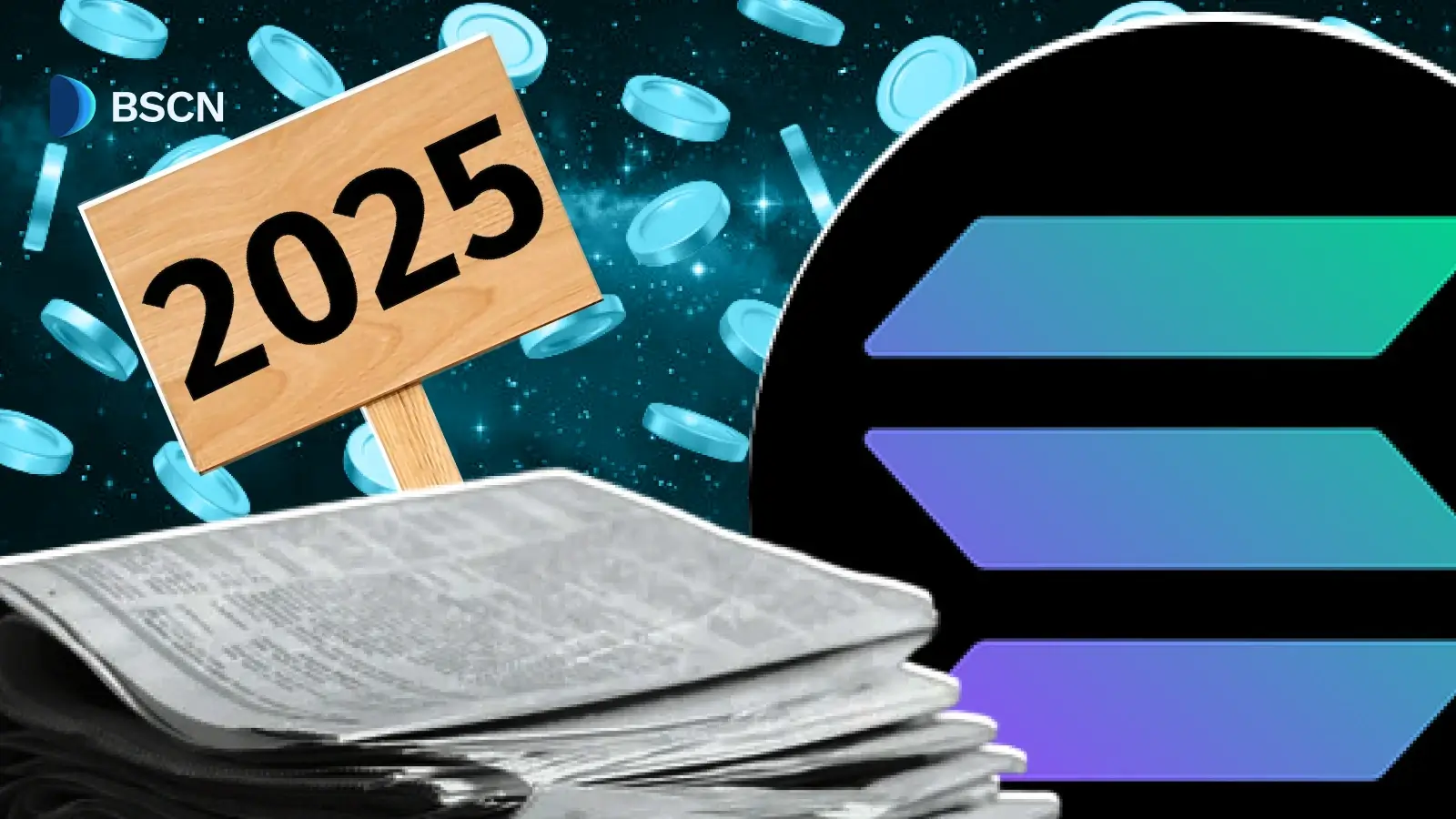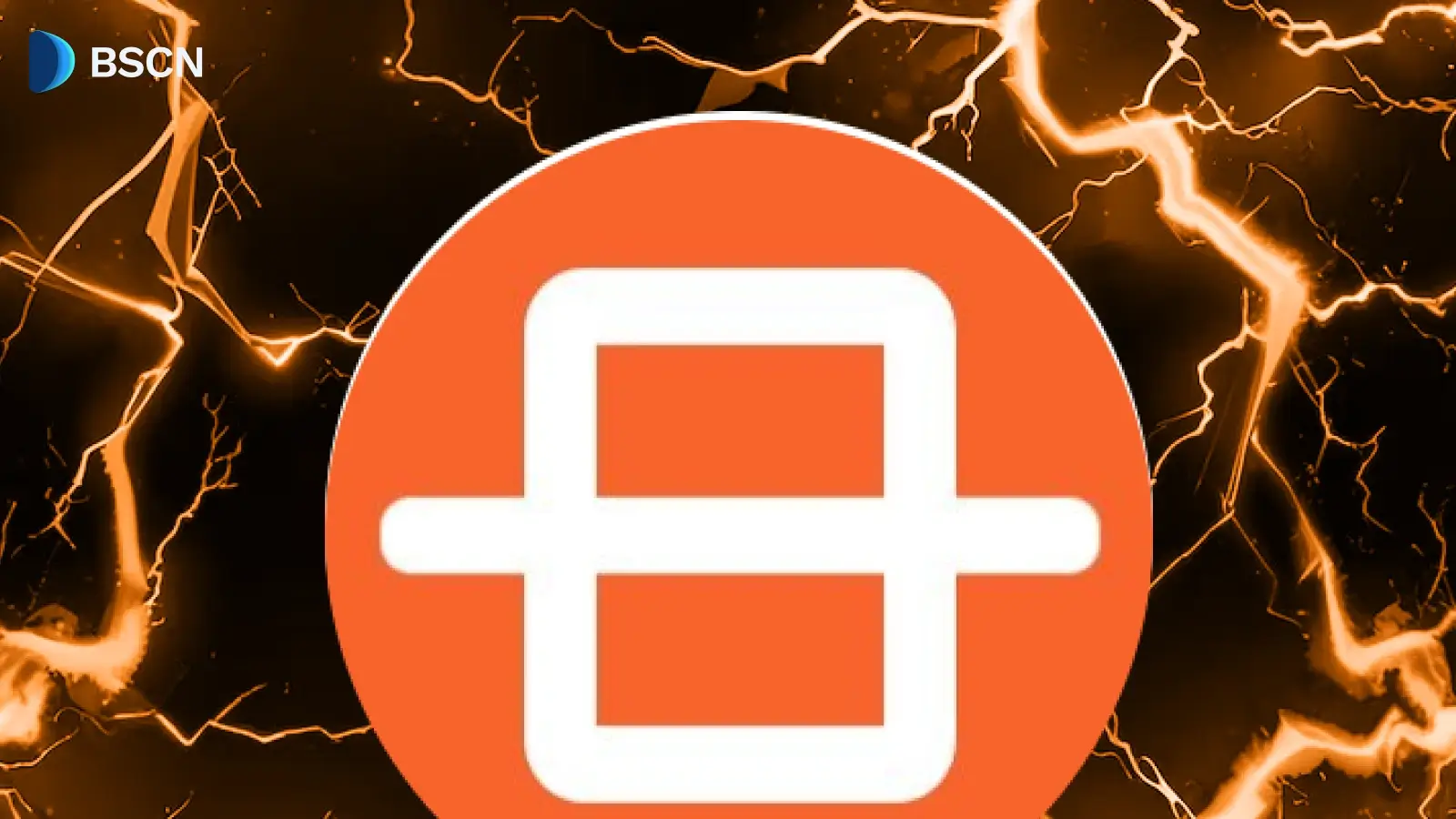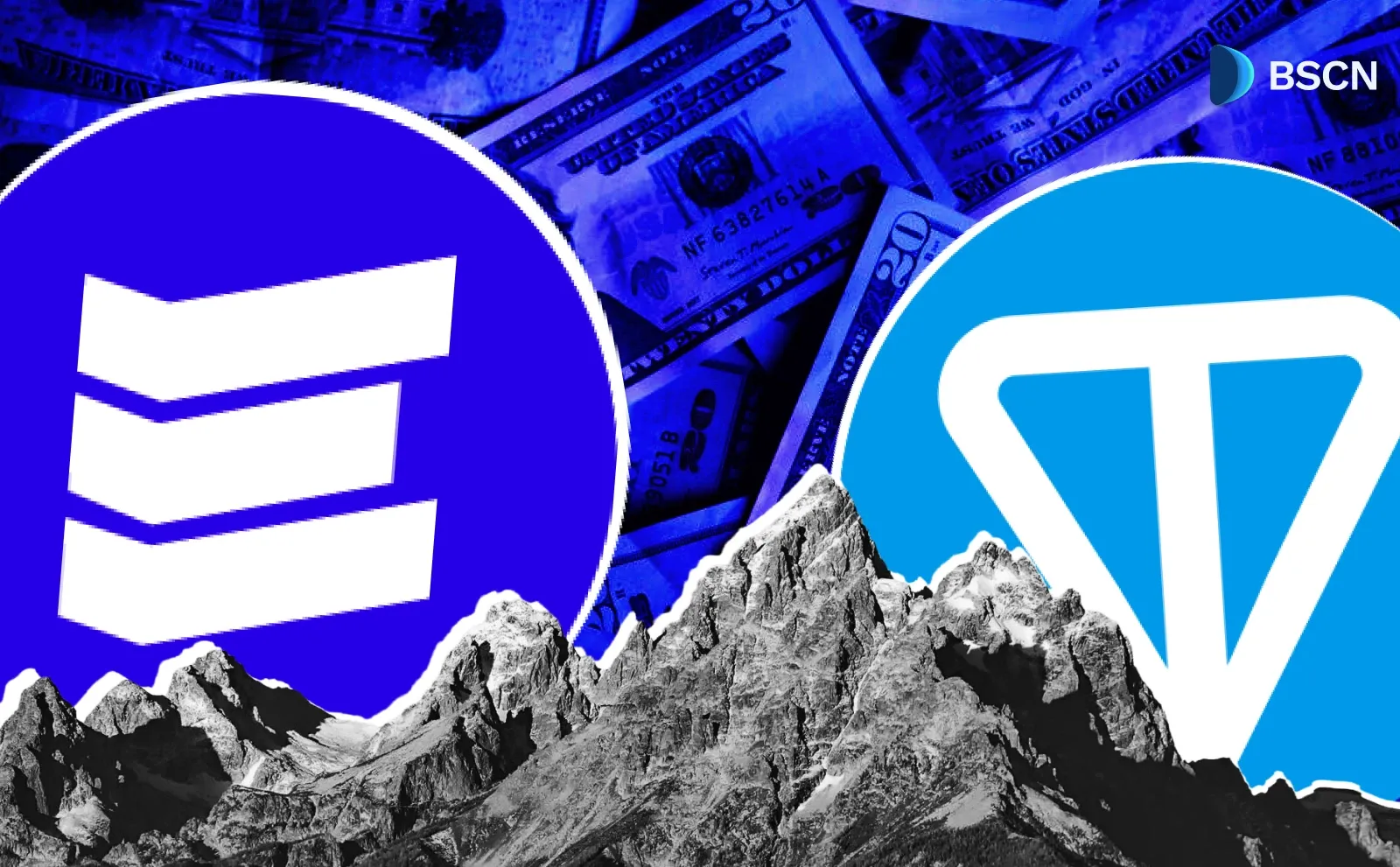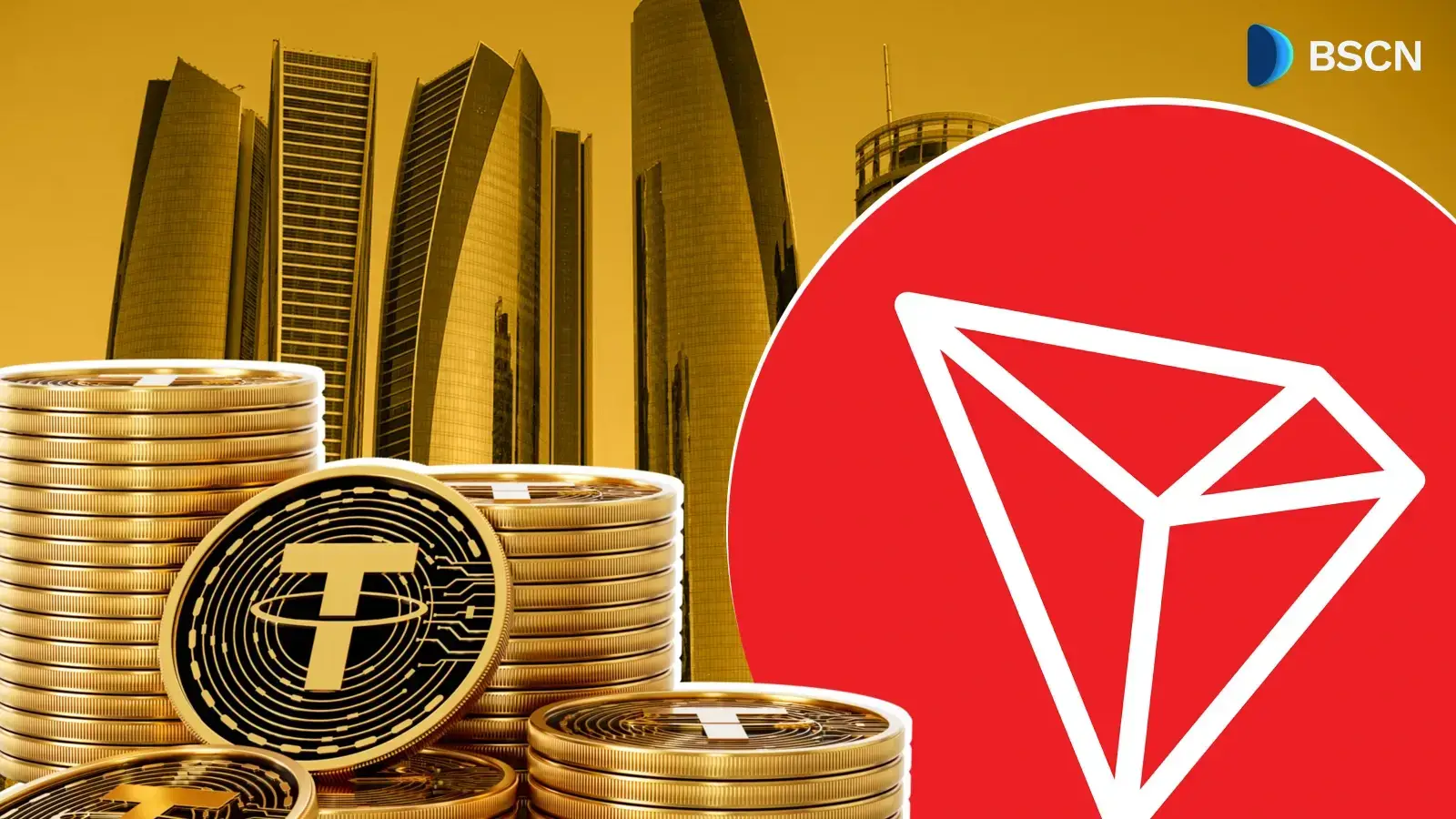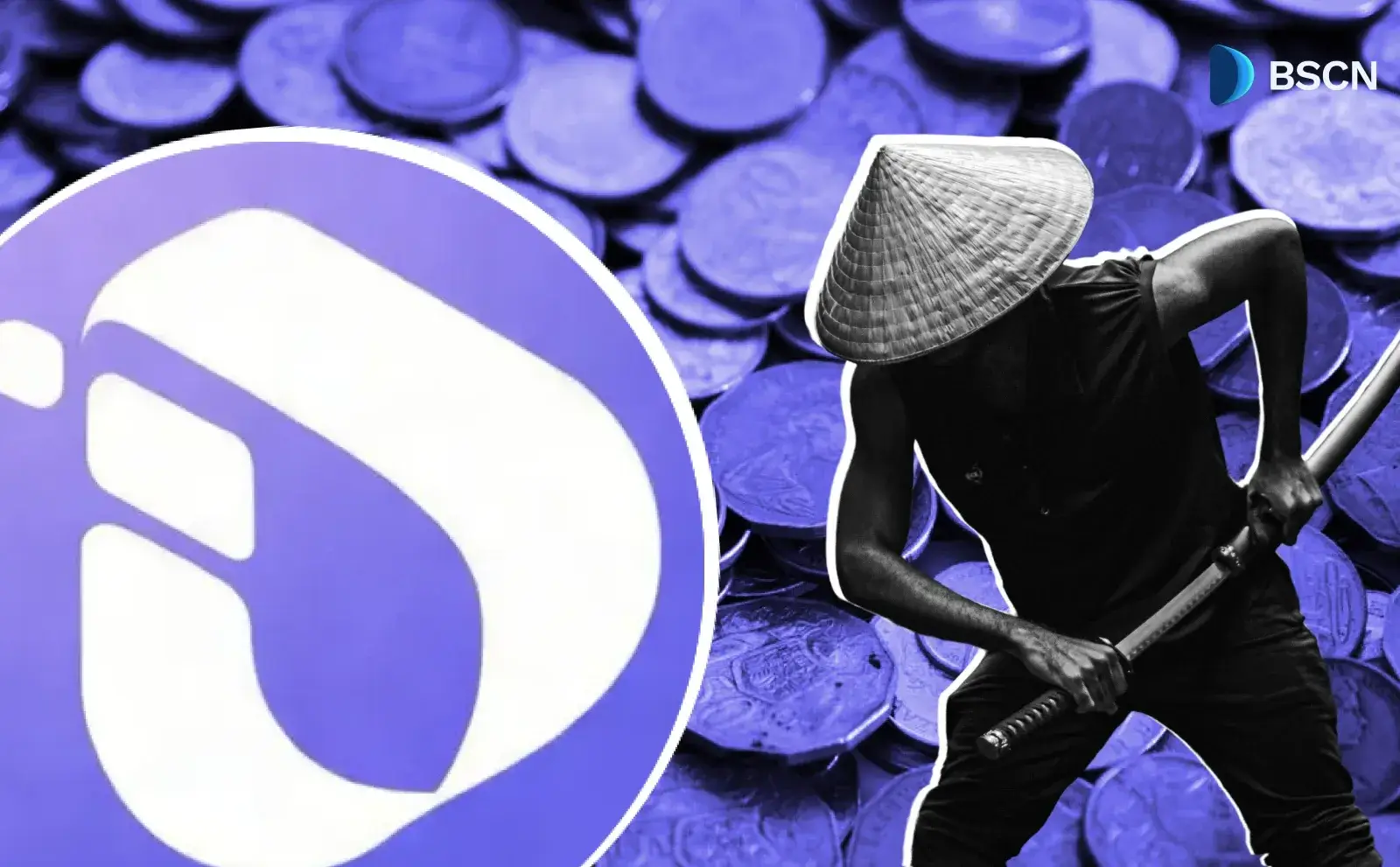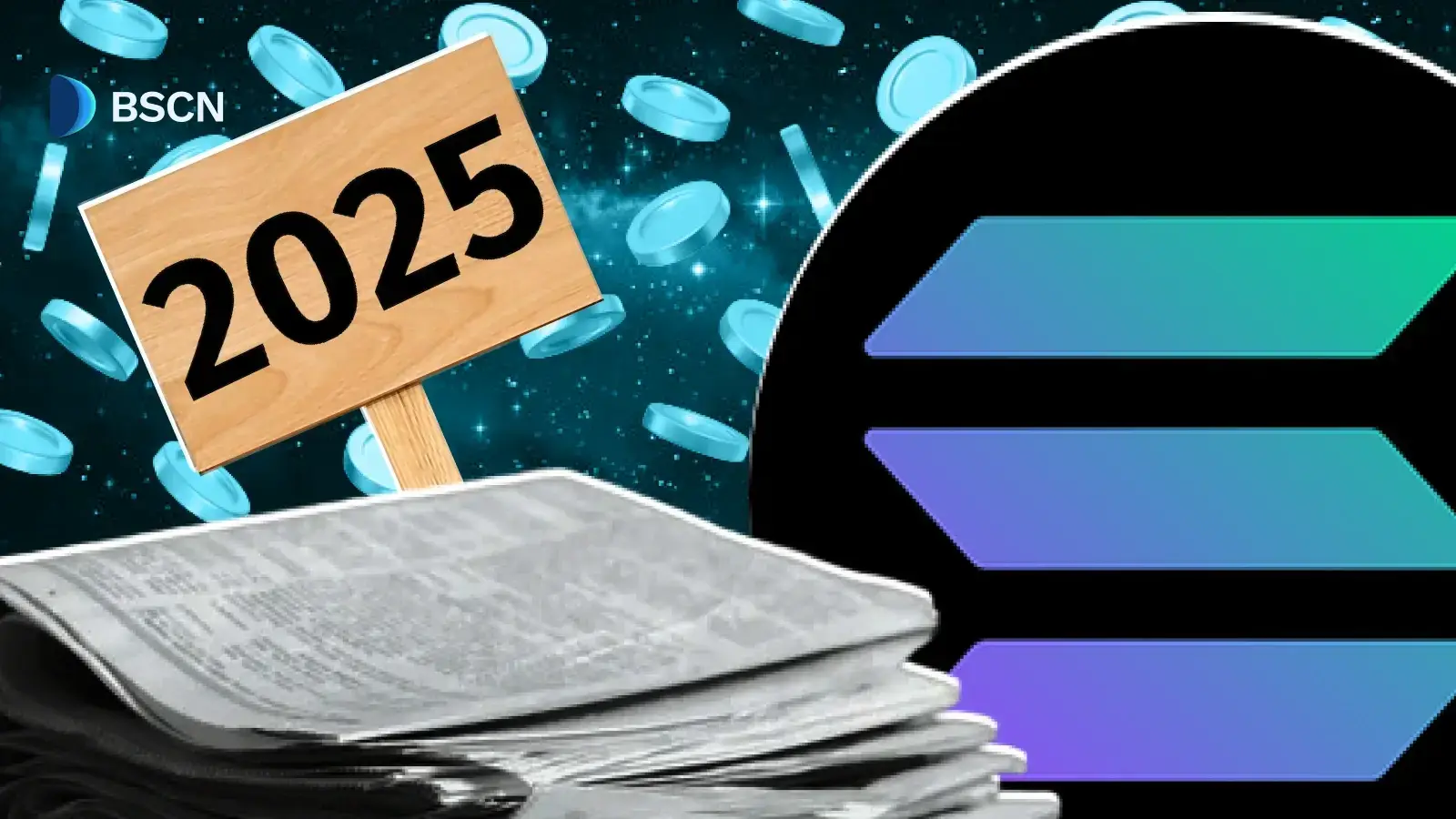BNB
(Advertisement)
Project Insight: DODO

Dodo has created a next-generation algorithmic market maker, coined as a Proactive Market Maker (PMM).
BSCN
November 29, 2021
(Advertisement)
Table of Contents
DODO DEX
DODO is a decentralized exchange (DEX) that pioneered concentrated liquidity and was one of the first exchanges to port its protocol on Binance Smart Chain.
DODO is powered by a next-generation algorithmic market maker, coined as the Proactive Market Maker (PMM). This model replaces the traditional Automated Market Maker (AMM) model by responding in real-time to liquidity constraints and changing markets.
Built on the Binance Smart Chain and Ethereum Network, DODO has brought on-chain liquidity providing (LP) to the next level. Traditional AMM technology looks primitive when compared to PMM. This proposed "next-gen" technology helps create on-chain and contract-fillable liquidity for all users.

DODO completed a successful $5 million private sale funding round in September 2020 led by Pantera Capital, Binance Labs, and Three Arrows Capital. DODO has also acquired funding from the likes of Coinbase Ventures, Galaxy Digital, CMS Holdings, and Alameda Research.
There will always be sufficient liquidity for a trade, just like it would on a centralized exchange (CEX). This model creates low slippage and mechanisms that minimize impermanent loss (IL), displaying the incredible innovation that DODO AMM provides.
Key Features of DODO
- Proactive Market Making Formula
- Pools
- Mining
- Crowdpooling
- SmartTrade trading and aggregation
The Theory
The PMM mechanisms make use of price oracles to retrieve accurate information about the price of an asset. It then uses this oracle data to calculate an ideal market price, where it will then sell the liquidity tokens for the quote token based on the curve displayed below.
This system rapidly decreases the amount of liquidity away from the market price, allowing for a more efficient system compared to that of a traditional AMM like UniSwap.
Below represents the liquidity curve for each of the automated market makers.

The PMM encourages arbitrage trading to ensure the prices match that of the market price. What is unique is that the PMM proactively shifts the price curve achieving the same efficient liquidity structure displayed above; this system has proven to be superior as it provides sufficient liquidity for limitless pairs while simultaneously benefitting liquidity providers (LPs). This effectively mitigates the risk for impermanent losses, making liquidity provision less risky on DODO.
This system capitalizes on traditional AMM and order book-based exchanges flaws, as they either cannot provide the liquidity or are expensive and dependent on human input. The PMM is an algorithmic market maker but on steroids. It will give on-chain contract-fillable liquidity to all assets.
At the core of PMM is a bit of complicated math. It essentially calculates one integral and two quadratic equations to create an efficient market-making algorithm. To find out more about the math behind their PMM tech, you can click HERE for more information.

CrowdPooling
Crowdpooling is one of the key features of DODO. The “Crowdpooling” strategy came out of two familiar ideas: “Crowdfunding” and “Liquidity Pool.” The idea allows project owners to offer assets at a low cost and provide highly liquid capital pools.
Crowdpooling is a collection mechanism that is protected from both front-running and bot interference. It also offers a guaranteed liquidity protection period so users can support projects they believe in comfortably.
How it works is that project owners set an initial offering price, duration of the campaign, and a soft cap on the number of tokens in the fundraising. Then, part of this amount is set aside for crowdfunding and part for providing ask-side liquidity in the pool.
If the campaign is oversubscribed and the funds raised exceed the soft cap, participants are rewarded with extra tokens proportionate to their shares of the pool at the initial price. This reward comes as a bonus to the staking rewards they will already receive.
Mining and Liquidity Pools
The DODO interface and platform were designed for various market participants, from traders to Liquidity Providers (LPs) to Pool creators. DODO decodes complex systems by making them look way simpler than initially thought.
As an aggregator and a DEX, the platform provides efficient market-making strategies. Users can control and execute different market-making strategies by adjusting several parameters, including market mid-price, liquidity depth, and spread.
Dojo’s educational resources also provide expansion further into DODO features:
- Transaction Mining: Get rewarded with DODO earn tokens for transacting in the platform; tokens are readily exchangeable.
- DODO Vending Machine and Private Pool: These features allow liquidity providers (LPs) to create and manage their market-making strategies and build liquidity markets with the pricing that suits their needs.
- Combiner Harvesting: A program aimed at giving platform users exposure to promising projects willing to collaborate with DODO. Under this program, approved projects can create liquidity pools on DODO, and those who provide liquidity for these pools will earn DODO reward tokens and proof of membership tokens.
- Proof of Membership tokens (vDODO): vDODO qualifies holders to share trading fees and other membership rewards and benefits.

DODO Token
$DODO is the native governance token for the DODO protocol. There are currently over 110,000,000 tokens in circulation out of a total supply of 1,000,000,000.
Initially, 10.000.000 tokens were sold in an Initial DODO offering (IDO), similar to IFO systems held by other AMM's. There were also two rounds of sales, one private and one seed sale, on top of the IDO. These sales consisted of 100.000.000 and 60.000.000 tokens, respectively.
As for community incentives, 600,000,000 tokens will be distributed for staking rewards and other liquidity incentives. The rest (230 million) of the tokens are reserved for operational costs, marketing, and future exchange listing fees. $DODO currently is only available as an ERC-20 token (Ethereum).
The DODO V.2 Smart Contracts have been audited by Certik, PeckShield Inc., Beosin, and Slow Mist. The DODO team also has a bug bounty available for whitehats to help improve the protocol.
DODO can be found and traded on the centralized exchanges MXC.com, L Bank and BiKi, plus decentralized exchanges (DEX) like Uniswap V2, Mooniswap, and Dodo.

The DODO NFTs
DODO NFT was developed for liquidity and innovation on the NFT side of the market. The NFT venture allows anyone to own a share of the NFT market regardless of the amount they own. Users can pledge NFTs into the DODO NFT Vault. The Vault grant users custom control of the reward system. By pledging an NFT, the vault creates an ERC-20 smart contract where users can set adjustable rewards to the secondary market. With DODO NFTs, collectors and investors can own any NFT, at least in fractional amounts.
Concluding Thoughts
The DODO protocol has improved the trading experience for both market makers and takers. The use of their PMM technology guarantees efficient liquidity and stable prices. The offered services are unique as now everyone can hold an IDO for a token or use the DVM for creating a bonding curve on your asset.
The fast interface is easy to use, and the DEX provides most, if not all, available tokens. The incentives for providing liquidity are solid, and they are distributed in the native $DODO token. DODO solves the issue of the lack of liquidity through the engineering of their AMM.
For more information, or if you wish to stay up to date on the project, check out the project’s media pages:
Website | Twitter | Telegram | Medium
Don’t forget to download the BSC News mobile application on iOS and Android to keep up with all the latest news for Binance Smart Chain and crypto! Be sure to join the DeFi Direct Discord to participate in all the community discussions and events!
Read Next...
Disclaimer
Disclaimer: The views expressed in this article do not necessarily represent the views of BSCN. The information provided in this article is for educational and entertainment purposes only and should not be construed as investment advice, or advice of any kind. BSCN assumes no responsibility for any investment decisions made based on the information provided in this article. If you believe that the article should be amended, please reach out to the BSCN team by emailing [email protected].
Author
 BSCN
BSCNBSCN's dedicated writing team brings over 41 years of combined experience in cryptocurrency research and analysis. Our writers hold diverse academic qualifications spanning Physics, Mathematics, and Philosophy from leading institutions including Oxford and Cambridge. While united by their passion for cryptocurrency and blockchain technology, the team's professional backgrounds are equally diverse, including former venture capital investors, startup founders, and active traders.
(Advertisement)
Latest News
(Advertisement)
Crypto Project & Token Reviews
Project & Token Reviews
Comprehensive reviews of crypto's most interesting projects and assets
Learn about the hottest projects & tokens



